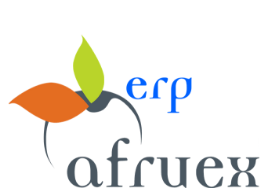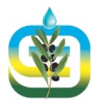
Who is SMALLDERS
ABOUT THE PROJECT
New enabling methodologies and technologies are essential for the survival of a number of smallholders throughout the entire Mediterranean and EU area and they have a great potential to enhance smallholders’ revenues (above all during this COVID-19 pandemic crises), reduce the barriers to enter the market as well as assure sustainability and new approaches to control production, logistics and distribution of products. To use these potentials, it is important and urgently needed to carry out research activities devoted to:
1 Integrate the stallholders’ processes into an advanced operational scenario
2 design a framework that encompass Web-App and Mobile App technologies, Artificial Intelligence based Knowledge Navigators, new Business Models, Blockchain technology, Multi-Capitals Sustainability and Simulation
3 conceptualize an architecture where the different segments responds, thanks to the integration of the above mentioned methodologies and technologies, to the major needs of Smallholders while providing, at the same time, advantages for actors belonging to the smallholders’ supply and value chains
4 develop an ICT platform prototype (the SMALLDERS platform) to provide relevance on the feasibility of the proposed approach
5 creating experimentations testbeds and case studies localized in different countries to demonstrate the SMALLDERS platform capabilities and adaptability to different contexts
SMALLDERS OBJECTIVES
What are SMALLDERS’s Objectives ?
The COVID-19 pandemic as well assimi-lar crises along the years have highlighted the need for more resilient food systems , able to effectively and efficiently address supply chain disrup-tions. To cite an example, during the COVID-19 pande- mic many governments have taken drast-ic measures with the aim to limit the spread of the infection, resulting in the closure of the main distr-ibution channels of smallholders, such asbars,restaurants, sch -ool cantéens , open-air markets. In addition, travel restr -rictions and COVID-19 symptoms have severely limited the availability of manp -ower in many fields. As a result, the amount of food wasted has grown enormously because in some cases it was not possible to complete the harvesting activities on time, while in others the goods remained in finish -ed goods warehouses until they perished, due to the multiple restrictions in the distribu -tion stages. The issue of the extended storage time is also crucial to prevent a bigger amount of wasted food products in case the product is not sold by the expected time
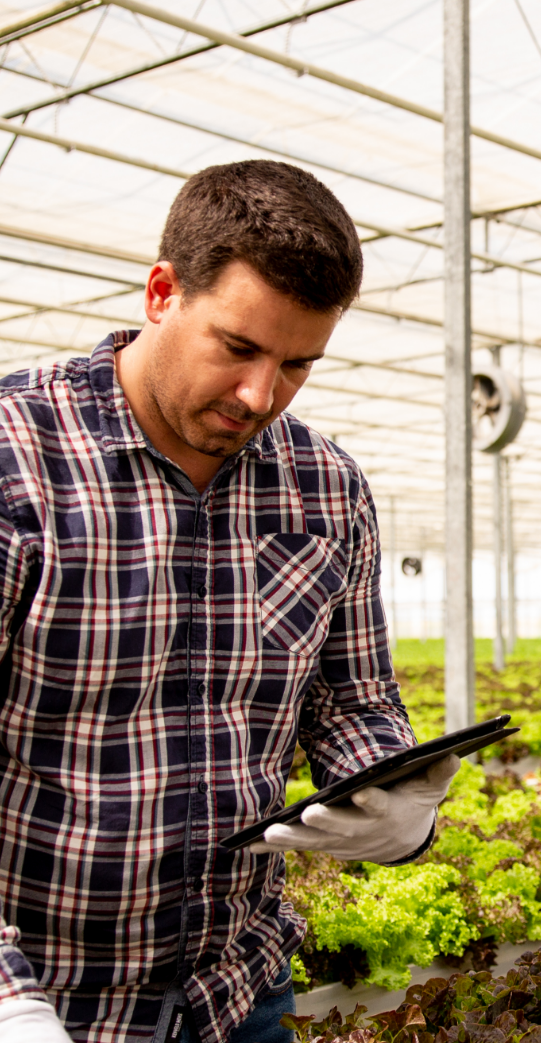
GLOBAL AIM
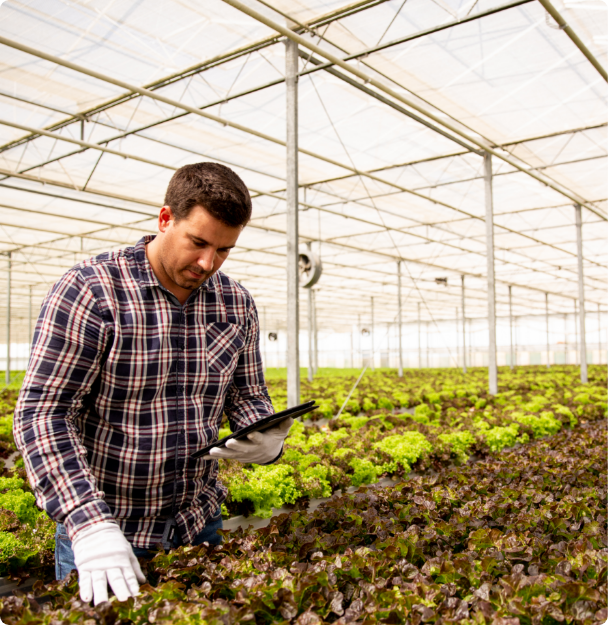
The overall objective of the project is to carry out basic research as well as industrial research and development activities with the aim of identifying a framework that encompass innovative strategies, methodologies, technologies and business models to increase the resilience of smallscale farms in the Mediterranean area, to effectively and efficiently face unexpected and disruptive events such as the COVID-19 pandemic. The project will also aim to bring technological improvements in order to reduce the water consumption, to improve the storage conditions, overall with the aim to reduce the food wastages.
What are SMALLDERS’s specific objectives ?

Increasing saleability and perceived value of smallholder products, to be resilient and address any supply chain disruption in the event of a crisis.

Increasing smallholder
products traceability, quality, safety
and perceived value

Helping smallholders to cope with the shortage of workforce due to the COVID-like crisis

Helping smallholders to increase the farm production efficiency

Increasing the Multi-Capital Sustainability of
Smallholders processes
SMALLDERS IMPACT
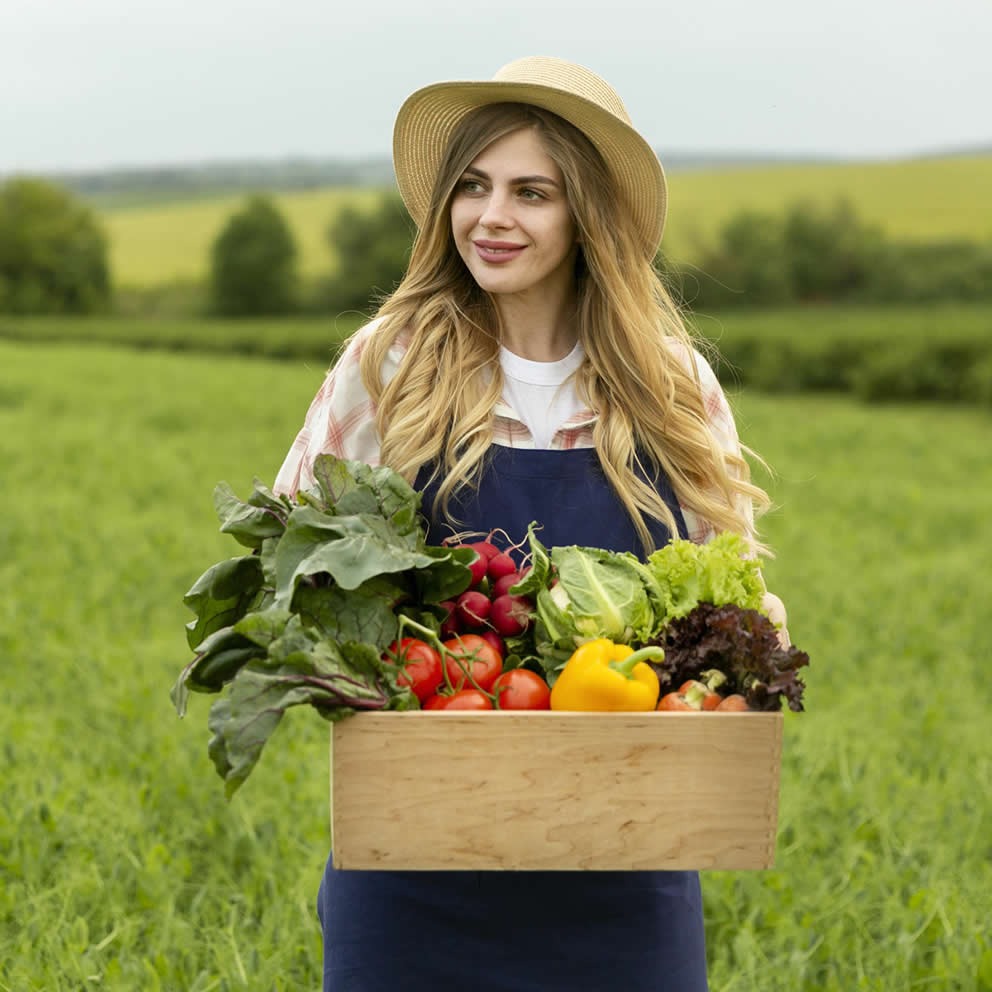
![]() Ensure incomes to smallholders facing COVID-like crises: The application of the SMALLDERS platform will guarantee incomes to smallholders, even during COVID-like crises. The ability to offer and/ or request manpower will increase the resilience of smallholders in the face of wo -rker illnesses and restrictions on mobility in the most acute periods of the crisis
Ensure incomes to smallholders facing COVID-like crises: The application of the SMALLDERS platform will guarantee incomes to smallholders, even during COVID-like crises. The ability to offer and/ or request manpower will increase the resilience of smallholders in the face of wo -rker illnesses and restrictions on mobility in the most acute periods of the crisis
![]() Decrease inefficiencies and barriers to market access: The SMALLDERS platform will improve market access for smallholders. One of the main barriers to entry to the business-to-business (B2B) market of small agricultural producers is the impossibility of guaranteeing high quantities of product to critical stakeholders. This issue is solved through the smallho -der -to-smallholder interface that allows the creation of homogeneous or heterogeneous consortia
Decrease inefficiencies and barriers to market access: The SMALLDERS platform will improve market access for smallholders. One of the main barriers to entry to the business-to-business (B2B) market of small agricultural producers is the impossibility of guaranteeing high quantities of product to critical stakeholders. This issue is solved through the smallho -der -to-smallholder interface that allows the creation of homogeneous or heterogeneous consortia
![]() Greater efficiency and sustainability in processes and the use of resources: The platform will provide a dashboard layer, characterized by multi-capital sustainability indicators, which will make it possible to monitor the performance of the agri-food chain under multiple scenarios, from the point of view of economic, environmental and social sustainability.
Greater efficiency and sustainability in processes and the use of resources: The platform will provide a dashboard layer, characterized by multi-capital sustainability indicators, which will make it possible to monitor the performance of the agri-food chain under multiple scenarios, from the point of view of economic, environmental and social sustainability.
![]() Increase in mitigation capability: Unexpected crises such as the COVID -19 pandemic usually cause supply-side and demand-side disruptions, which need to be mitigated. The use of the SMALLDERS platform increases the resilience and mitigation capacity of smallholders in the face of the crisis. Supply-side disruptions (e.g., outbreaks among workers of small farmers) are limited as the platform facilitates supply-demand matching in the job market. Demand-side disruptions are limited by the possibility to create, through the SMALLDERS platform, new consortia that increase the bargaining power of smallholders
Increase in mitigation capability: Unexpected crises such as the COVID -19 pandemic usually cause supply-side and demand-side disruptions, which need to be mitigated. The use of the SMALLDERS platform increases the resilience and mitigation capacity of smallholders in the face of the crisis. Supply-side disruptions (e.g., outbreaks among workers of small farmers) are limited as the platform facilitates supply-demand matching in the job market. Demand-side disruptions are limited by the possibility to create, through the SMALLDERS platform, new consortia that increase the bargaining power of smallholders
![]() Increase profitability via either or both the reduction of production costs or/and the increase of quality: the SMALLDERS project will increase the profitability of smallholders thanks to the adoption of a number of enabling technologies including blockchain, web/mobile applications, intelligent assistants and knowledge navigators and simulation
Increase profitability via either or both the reduction of production costs or/and the increase of quality: the SMALLDERS project will increase the profitability of smallholders thanks to the adoption of a number of enabling technologies including blockchain, web/mobile applications, intelligent assistants and knowledge navigators and simulation
MANAGEMENT STRUCTURE
The project is coordinated by the University of Calabria (Italy) and involves 5 partners from 4 countries. Project Management Body includes one representative from each partner to steer correctly the project and act as supervising body on the Project Coordinator work.
University of Tunis El Manar


IMT MINES ALES
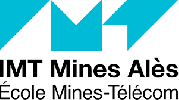

University of Parma


University of Parma


University of Calabria


University of Calabria


University of Extremadura


University of Calabria


ADVISORY BOARD MEMBERS
The three experts who have agreed to be part of the Advisory Board members are:
![]() Prof. Emilio Jiménez, Full Professor at La Rioja University (Spain) with research interest in the agri-food field.
Prof. Emilio Jiménez, Full Professor at La Rioja University (Spain) with research interest in the agri-food field.
![]() M. Jean-Paul Robert, Director of Les mas des Agriculteurs, France. Expert with a strong experience in the smallholders and retail domain (with more than 21 years’ experience in Carrefour);
M. Jean-Paul Robert, Director of Les mas des Agriculteurs, France. Expert with a strong experience in the smallholders and retail domain (with more than 21 years’ experience in Carrefour);
![]() Prof. Adriano Solis, Full Professor at York University (Canada), with research interest in simulation, inventories and production.
Prof. Adriano Solis, Full Professor at York University (Canada), with research interest in simulation, inventories and production.

